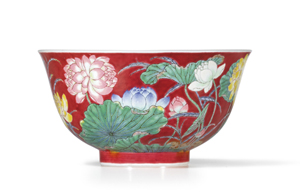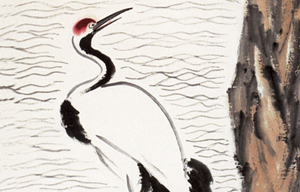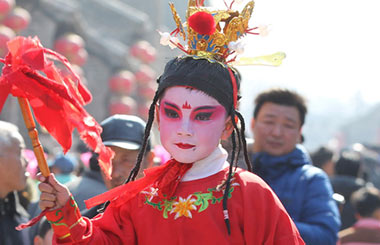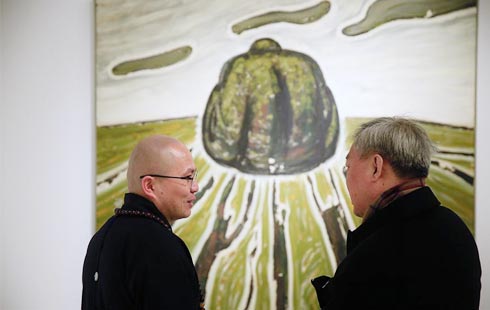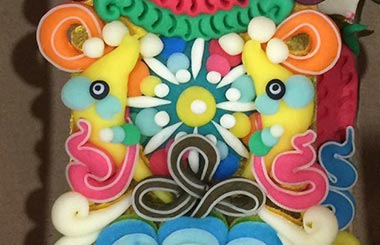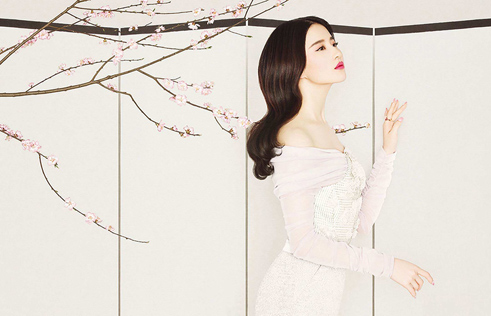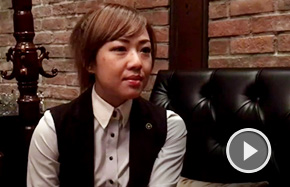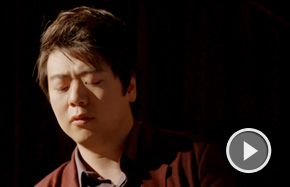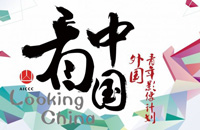Rethinking ink art
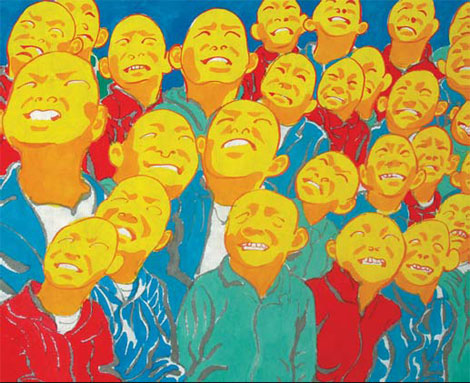 |
|
Ink painting in color, by Fang Lijun, in 2012. |
More than 200 ink paintings from 61 Chinese artists are on show at Beijing's Today Art Museum, showcasing the ancient art form in a contemporary context.
The exhibition, Re-ink, is co-presented by the art museum and 99ys.com.
"Re-ink is the re-creation of traditional ink art based on real life today," curator Lu Hong says, adding that an art form can never be developed by inheritance, but by creation.
The exhibition is composed of four parts. The first part features works from specially invited artists, including several big names and artists who do not usually work in the medium, such as Fang Lijun and Zeng Fanzhi.
"Although contemporary ink works clearly carry the character of 'contemporary' and are more or less influenced by Western art, they are completely different from pure contemporary artworks that contain ink-and-wash elements," Lu says.
Lu welcomes ink art made by non-ink artists.
"These artists have no burden of obeying rules. They bring new inspiration to ink creation," he says.
It shows that Chinese contemporary art does not only draw on the experience of the West, but its own background, Lu says.
"Such a crossover can also attract more young audiences," Today Art Museum director Hsieh Su-chen says.
The other three parts of the exhibition - New Exploration in Ink Painting, Emerging Ink, and Wash and Akin to Ink - showcase various contemporary ink paintings, and video and installation works.
Lu stresses that contemporary ink art must stay true to its origins and the basic rules of the art form.
"The basic rules of the form keeps ink art connected with its origins and saves it from being eliminated by time," Lu says.
"It will also help to build up the education system and an assessment standard of contemporary ink art," says academic supporter Ji Shaofeng.
Artist Liu Qinghe says contemporary ink art has been pushed forward in recent years.
Ji says Re-ink is the first of a series of "Re-" exhibitions. There will be Re-portrait, Re-sculpture and eventually a larger scale Re-China.





